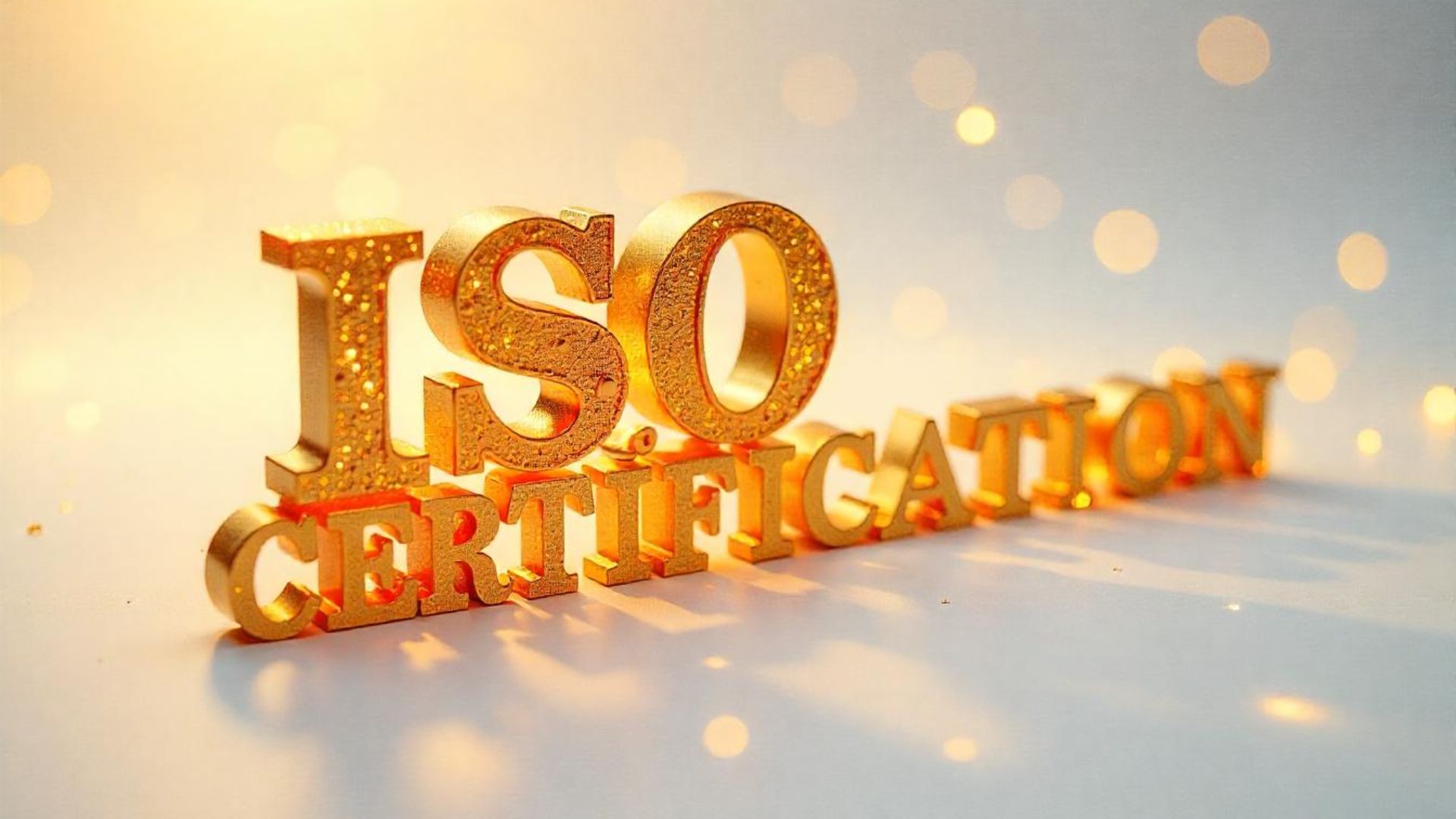education

May 20,2025 • 3 min read
ISO Certification: Driving Quality and Global Standards

Introduction
ISO certification has become a key benchmark for quality, consistency, and efficiency in today’s competitive global marketplace. Developed by the International Organization for Standardization (ISO), these certifications demonstrate an organization’s commitment to meeting internationally accepted standards in various areas such as quality management, environmental responsibility, information security, and occupational health and safety. Businesses across industries pursue ISO certification to improve internal processes, boost customer confidence, and gain a competitive edge.
Types of ISO Certifications
There are numerous ISO standards, each targeting specific business needs. ISO 9001 focuses on Quality Management Systems (QMS) and is one of the most widely adopted standards globally, ensuring consistent product and service quality. ISO 14001 deals with Environmental Management Systems, helping organizations reduce their environmental footprint. ISO 45001 targets Occupational Health and Safety, promoting safer workplaces. ISO 27001 focuses on Information Security Management, protecting data and systems. ISO 50001 addresses Energy Management, guiding companies to improve energy efficiency. These certifications can be implemented individually or integrated to meet broader organizational goals.
Benefits of ISO Certification
ISO certification brings a range of benefits to organizations of all sizes. It enhances operational efficiency by standardizing processes and reducing waste. Certification also improves customer satisfaction through consistent quality and service delivery. From a business development perspective, ISO certification opens access to global markets, particularly where compliance with international standards is a requirement for tenders or partnerships. Additionally, certified organizations are better positioned to manage risks, demonstrate regulatory compliance, and foster a culture of continuous improvement.
Certification Process
The process of obtaining ISO certification involves several key steps. Organizations begin with a gap analysis to assess current processes against the chosen ISO standard. This is followed by the implementation of necessary changes and documentation of policies, procedures, and controls. Internal audits are conducted to evaluate readiness, after which a certification body carries out an external audit. Upon successful completion, the organization is awarded certification, which is subject to periodic surveillance audits to ensure ongoing compliance and improvement.
Choosing the Right Certification Body
Selecting an accredited certification body is crucial to ensuring the integrity and recognition of the ISO certificate. Accreditation by recognized national or international bodies ensures that the certification is credible and widely accepted. Organizations should consider the certifier’s industry experience, global presence, and auditing methodology when making their choice.
Conclusion
การรับรองมาตรฐาน ISO is a powerful tool for enhancing business credibility, operational performance, and market competitiveness. By aligning with international standards, organizations can demonstrate a strong commitment to quality, sustainability, and customer satisfaction, ultimately contributing to long-term success and global recognition.
aaronalton Details
User Profile
- Full name
- aaronalton
- Email address
- aaronalton97@gmail.com
- Join Date
- 2025-05-02
- State
- City
- Pincode
- Address
- Follow us on Facebook
- Follow us on Twitter
- Website Name
- Bio